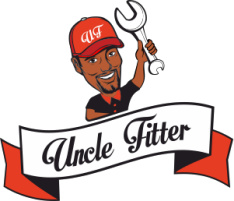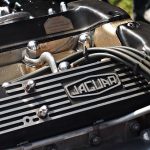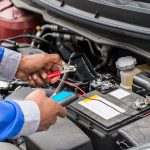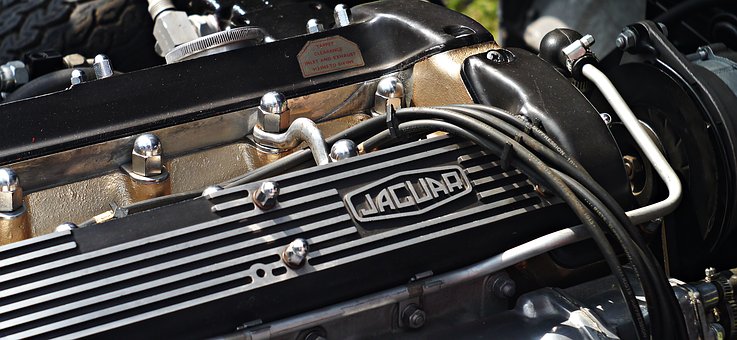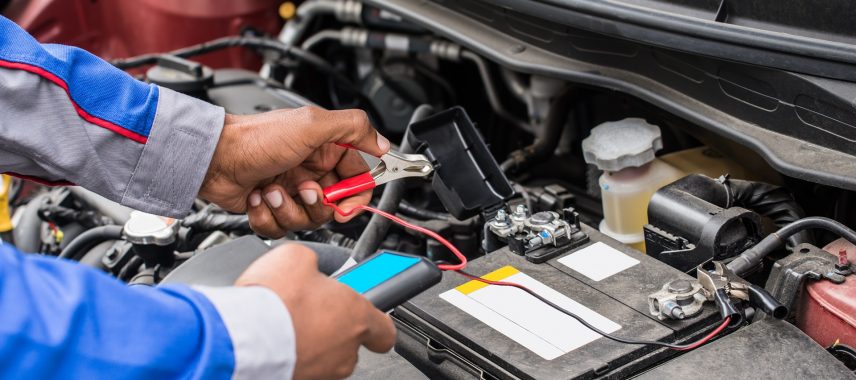
BEST MAINTENANCE PRACTICES FOR YOUR CAR
Maintaining a brand new or used car is not a difficult task. Purchasing a used car can be beneficial in times when you are working on a limited budget. Small cars and less technical vehicles require little maintenance. A brand new car won’t need in depth maintenance in the first two years. On the other hand, a used car can require quite a number of maintenance sessions. Whether you purchase a used or brand new car, the right type of maintenance can help your car run for longer and in a more stable condition than before.
All vehicles require constant attention to ensure they run optimally and avoid regular breakdowns. It is therefore important to ensure your car is thoroughly inspected during scheduled maintenance sessions by the most qualified and experienced mechanics to avoid accidents and breakdowns. Although your car will be checked for safety issues and related components, there are other things that will need your input. Here are some of the critical areas that need a thorough inspection at least once in a year to maintain the condition of your car.
Brake and Tyre Inspection
Brakes and Tyres are among the commonest car problems. Most breakdowns are caused by flat Tyres. However, a flat or worn out Tyre or damaged brakes are easier to replace than a damaged engine. Tyres wear out quite fast if they are exposed to extended harsh weather conditions. It is advised to check Tyres for any tread wear. Similarly, the Tyres need to have proper balancing. A mechanic can also check the condition of the brakes and correct them if needed.
Engine Oil and Transmission Fluid
The engine oil level should be checked at least once a month. Additionally, you should check for any particles in the oil which create a burning smell which is an early indication of a damaging engine. The transmission fluid should be checked at least once a year. If its color has changed to brown or black, then it needs repair.
Belts and Wipers
Windshield wipers are made of rubber and need to be checked for abrasions or cuts. This type of wipers can potentially smear your windscreen. Similarly, check the engine belt for dryness or cracks. If they have these two signs, then they might need replacement to reduce the chances of snapping.
Car Battery
Every battery has a maximum shelf life. If a battery is almost reaching its end date, it might be time to replace the battery with a new one. If you need to check it by yourself, a sticker on the battery will inform you when the battery was bought.
Emergency Kit
In the worst scenario, a small emergency kit will come in handy. The kit needs to have the basic components such as bottled water, flashlight, flares, first aid supplies, and any painkillers.
Coolant Condition
The antifreeze plays a critical role even though many may dismiss it. A mechanic can check it for any problems with your radiator.
All these are car maintenance best practices. Checking your car at least once a year is the surest way of maintaining it in perfect running order.

5 TIPS FOR A HEALTHY CAR ENGINE
A car needs constant servicing from all the small parts down to the large ones. Most car owners do not spend enough time on the car engine. Most people only take interest on the engine when it begins making irregular noises.
An engine is the heart of the car and so it needs delicate care and maintenance for smooth running. One needs to check the condition of the engine every now and then. The point of maintaining an engine in good condition cannot be further stressed. There are several things you can do to ensure your car’s engine is healthy and is kept in the best conditions.
-
Oil Changes
Oil is indisputably the lifeblood of your car’s engine. It ensures that the engine functions as it is expected. Having the right quality and cleanliness of the oil will ensure that the engine’s health is maintained. Ignoring a simple task such as checking the oil’s quality can cost you a significant amount of money. The engine has various parts that require oil for lubrication and functioning. If such parts miss quality oil, they will collide with each other and cause wear and tear. In case these parts face wear and tear, they will eventually break down and the entire engine will be damaged. Checking and changing the oil regularly will avoid this problem and increase the lifespan of the engine.
-
Check the Cooling System
A lot of heat is lost during combustion. Anyone who has been close to an engine understands how hot the engine can get. Although this is understandable, too much heat has its consequences. Some metals and alloys are not heat-friendly and can be damaged by excessive heat. The cooling system has various parts which include the radiator, water pump, thermostat, and coolant. One needs to ensure that all these parts function well and avoid the overall overheating of the engine. The coolant and distilled water need to have a ratio of 1:1. If the cooling system fails and overheating occurs, it may result in significant engine damages and eventual costly engine repairs or replacements. It is also advisable to look at the engine’s temp gauge during very hot weathers and turn off the car to avoid overheating.
-
Don’t Let Your Fuel Run Out
Car fuel contains sediments which usually settle at the bottom of the fuel tank. Years of fueling and refueling will create a layer of dirt which ought not to reach the engine. If you are accustomed to running on reserve fuel then you might be ruining your engine. The unwanted sediments can cause wear if they enter the engine. Instead of praying the sediments don’t reach the engine, just top up your fuel.
-
Replace Spark Plugs and Wires
Spark plugs act as igniters. Replacing them ensures that the car maintains its spark. A little cleaning can sometimes save you the cost of buying new ones.
-
Replace the Fuel Filter
A new filter ensures that fuel flows with ease. It also ensures that there is less buildup of fuel within the engine.
The engine is the most expensive and important part. These tips will ensure that you save on replacement and repair costs.
